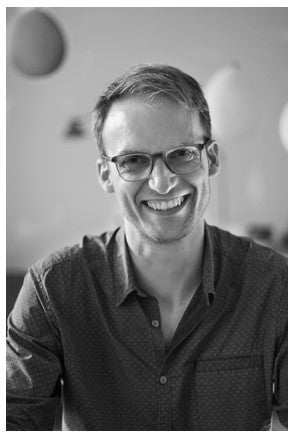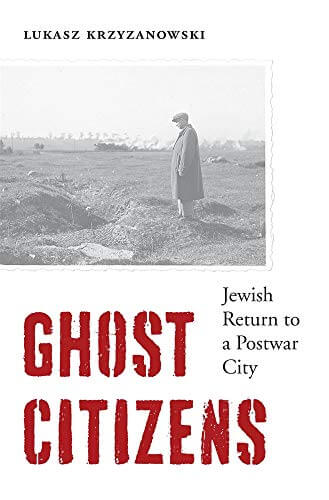
Between a Rock and a Hard Place: Power Relations in Polish Villages during the German Occupation and the Holocaust
Lukasz Krzyzanowski
University of Warsaw & University of Ottawa
The German administration during WWII in occupied Poland was partly built and heavily dependent on pre-existing structures and power relations that now functioned in a new framework. It resulted in thousands of ethnic Poles working in the administration of the General Government - a vast majority of them in smaller localities where only low-level administration offices were found. Many of these people faced serious, often intractable dilemmas concerning collaboration with the Nazis and complicity in the Holocaust.
The lecture focuses on the liminal position of village heads in German-occupied Poland as people belonging to village communities but also acting as proxies of the German administration. While acting as intermediaries between villagers and the occupying power, village heads were responsible for executing German orders, collecting food quotas, and providing labor force. Examining the position and activities of village heads offers insight into the way occupation transformed village life and local communities.
Lukasz Krzyzanowski researches the social history of World War II, the history of the Holocaust and the German occupation in Poland, and everyday life during the Holocaust and right after it.

Dr. Krzyzanowski is Assistant Professor of History and Claims Conference University Partnership Holocaust Studies Lecturer, University of Warsaw. He is also Adjunct Professor of History at the University of Ottawa and a researcher in the German Historical Institute, Warsaw. His book Ghost Citizens: Jewish Return to a Postwar City, first published in Poland in 2016, was translated by Madeline G. Levine into English and published by Harvard University Press in 2020. Drawing on a rare collection of documents – including the postwar Radom Jewish Committee records, which were discovered by the secret police in 1974 – Ghost Citizens is the moving story of Holocaust survivors and their struggle to restore their lives in a place that was no longer home.
In October 2021, Ghost Citizens received the Sybil Halpern Milton Memorial Book Prize by the German Studies Association.
Dr. Krzyzanowski was a postdoctoral researcher at the Free University of Berlin and has held research fellowships at the University of Oxford and Yad Vashem. His current project focuses on the social history of provincial Poland during the German occupation and the Holocaust.